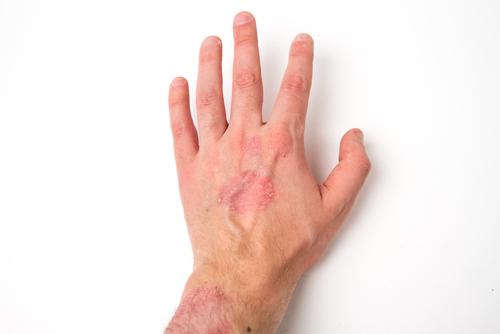
The oral, selective Janus kinase 1 inhibitor filgotinib confers a significant improvement in health-related quality of life (HRQoL) in patients with active psoriatic arthritis (PsA), according to data from the phase II EQUATOR trial.
The trial randomized 131 patients to receive filgotinib 200 mg (n=65) or placebo (n=66) once daily for 16 weeks. All patients completed the Psoriatic Arthritis Impact of Disease (PsAID)9 questionnaire at weeks 4 and 16 to assess HRQoL.
Researchers evaluated the change from baseline in total and individual domain scores, in addition to the proportions of patients achieving minimal clinically important improvement (MCII; ≥3 points) and patient-accepted symptom status (PASS; score <4). They also examined the relationship between the PsAID9 and the 36-item short-form health survey (SF-36).
Filgotinib yielded significant improvements in PsAID9 total score compared with placebo, with the effect observable at week 4. At week 16, mean change in PsAID9 was greater with the active drug (–2.3 vs –0.8; least-squares mean of group difference, –1.48, 95 percent confidence interval [CI], –2.12 to –0.84; p<0.0001), with significant improvements in all individual domains vs placebo.
A greater percentage of patients treated with filgotinib vs placebo achieved MCII (group difference, 25.4, 95 percent CI, 8.92–39.99; p=0.0022) and PASS (group difference, 29.6 percent, 95 percent CI, 10.65–45.60; p=0.0018) at week 16. Comparable improvements in SF-36 were seen, and there was moderate to strong negative correlation between the SF-36 and PsAID9 scores.
The findings suggest that filgotinib rapidly improves multiple aspects of HRQoL that are relevant to patients with active PsA, as well as provide evidence concerning the usefulness of PsAID9 in measuring patient-relevant HRQoL domains in PsA clinical studies, according to the researchers.